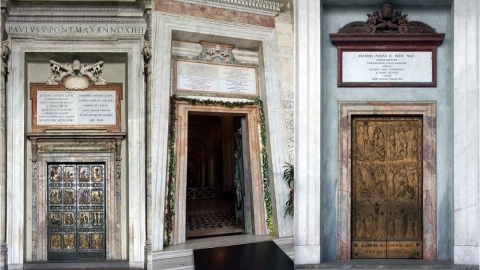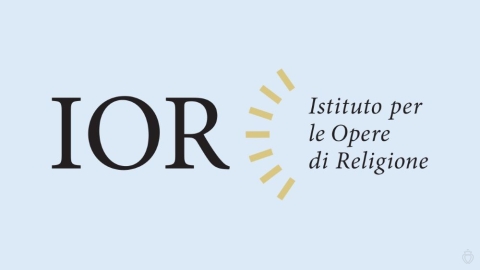Africa: Catholics Stunned and Wounded by the DDF Text

For several decades, during the publication of Statistics of the Catholic Church, a constant observation has been repeated: the decline in the faithful and priests is constant in Europe and America, while, conversely, the increase is regular in Asia and in Africa. Some have venturedto say that the future of the Church is being written on these continents.
However, it is these Churches, and especially African Catholic Churches, who were most struck by the publication of the Declaration of the Dicastery for the Doctrine of the Faith (DDF) on the possibility of blessing irregular or same-sex unions. And for good reason.
A Healthy Christianity
In a large part of the African continent, LGBT movements and gender theorists have only a very limited, even private, audience; and sometimes there are laws prohibiting their activity in certain countries. Among the African population, especially among Catholics, there is a profound rejection of these deviant elements of Catholic doctrine.
Moreover, in English-speaking countries, where Anglicanism has more or less numerous followers – such as in Uganda or Sudan – the rejection is all the more marked as African Anglican leaders ended up causing a schism within their communion, precisely so as not to follow the British Anglicans who want to practice this type of blessing.
They will now find it easy to denounce Catholicism as being no better than the corrupt Anglicanism of the old continent. Hence the astonishment of African priests and faithful at this capitulation on a point that they rightly consider essential.
A priest quoted by La Croix Africa explains: “We have been trying in vain for a while to understand where the Pope wants to take the Church.” This priest, ordained for more than 30 years, wants to express “his shock” and “his anxieties” after reading the Fiducia supplicans Document.
Rank-and-file Catholics also express their frustration: “How can this blessing push these people towards conversion if the Church considers that they are in sin?”, asks an Ivory Coast Catholic. For him, “giving a blessing, whatever its form, is at least confirming [these people] in a situation from which they are nevertheless called to escape.”
As Fr. Joseph Mben explains, such a blessing risks “promoting this lifestyle as a couple” in an irregular situation. He believes that in Africa, the request for blessings from same-sex couples will be rather rare. But irregular situations are quite numerous.
He enumerates: “Cohabiting couples (transitional or permanent), divorced couples, civilly married couples, and polygamous households. Since no one should be excluded, should we bless all situations?”
Related Article:
Two Episcopates React
An African episcopate reacted as a whole: the Malawi bishops published on the Facebook account of the country's Episcopal Conference (ECM) a “Clarification on the declaration on the pastoral meaning of blessings, Fiducia supplicans.” This clarification, intended to allay the fears of the faithful, makes a very restrictive interpretation of the text.
The bishops first affirm that “the Declaration is NOT about the blessing of same-sex unions,” but addresses the pastoral significance of the blessings. They emphasize that the text “reiterates that the Church’s teaching on marriage. . . remains firm.” They then assert that everyone can benefit from the ordinary blessings of images, devotional objects, etc.
Finally they conclude that “in order to avoid confusion among the faithful, we decree that, for pastoral reasons, no blessing for homosexual unions of any kind is permitted in Malawi.” The Zambia Bishops' Conference (ZCCB) also made a similar, but more extensive, pastoral clarification. The conclusion is very explicit:
“In order to avoid any pastoral confusion and ambiguity as well as not to break the law of our country which forbids same-sex unions and activities, while listening to our cultural heritage which does not accept same-sex relationships, the Conference guides that Declaration from the Dicastery for the Doctrine of the Faith of December 18, 2023 concerning the blessing of same-sex couples be taken as for further reflection and not for implementation in Zambia.”
But the damage is done. It is to be expected that African Catholics will be seriously disoriented and mistreated by the criticism which will fall on the Church and on themselves. Time will tell how much the DDF Declaration will have cost Catholicism on the African continent.
(Sources : The Pillar/La Croix Africa/ECM/ZCCB – FSSPX.Actualités)
Illustration : ACI Africa





